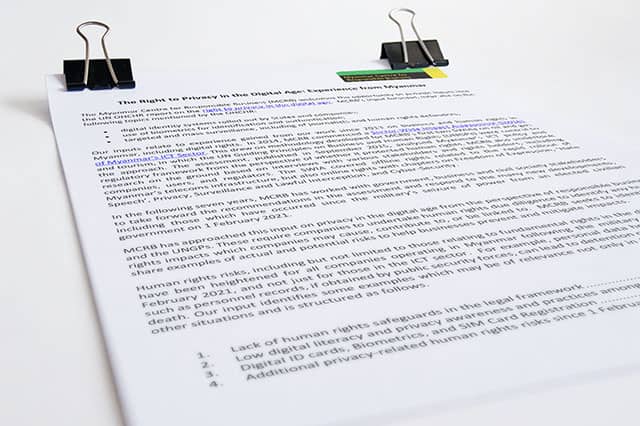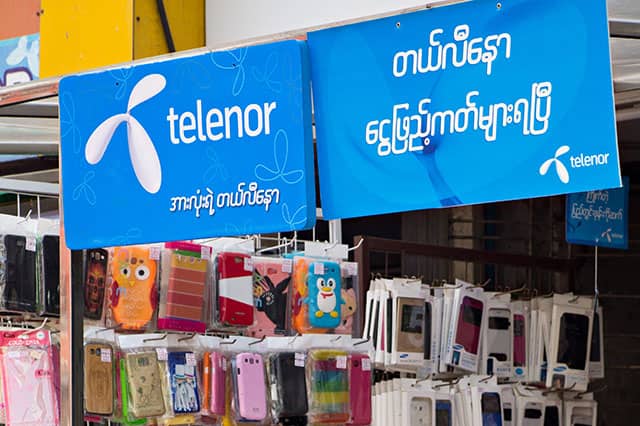How social media became Myanmar’s hate speech megaphone

There's a dark side to Myanmar’s recent internet revolution.
This is an excerpt from an article published in the Myanmar Times.
Dissemination of hate speech, or what human rights group Article 19 succinctly calls “the advocacy of hatred based on nationality, race or religion”, has a long history in Myanmar.
While this material was once constrained by resources, manpower and geography, the advent of explosive internet connectivity has meant an unprecedented new reach.
In 2012, Myanmar’s mobile penetration was estimated at just 4 percent. This reportedly reached 63pc last year.
Facebook has doubled its local base in less than 12 months with more than 9.7 million monthly active users, according to Yangon-based Amara Digital Marketing Agency.
This number looks set to rise even more as the social media platform is now free for users of Telenor and MPT – which have a combined subscriber base of at least 36.9 million people.
A spokesperson at the Myanmar ICT for Development Organization (MIDO) said that more and more bogus accounts are being set up to spread hate online, which not only shields the original authors but also creates a larger echo chamber around these topics.
And, once again, Muslims are the predominant target.
Results from a research project into online hate speech by the Institute for Human Rights and Business and the Myanmar Centre for Responsible Business showed that nearly nine out of 10 examples of hate speech they assessed contained language “directed primarily at the Muslim community”.
Experts told The Myanmar Times it was vital that any policy restraining online hate speech avoids negatively impeding newfound freedoms.
Adjunct associate professor Jonathan Bogais, a specialist in Myanmar affairs at the University of Sydney, said that a functioning pluralist democracy “cannot exist without a vigorous protection of free speech, but the right to free speech cannot encompass the protection of hate speech”.
“Myanmar’s leadership and civil society,” he said, “must learn to balance the two.”
ဆက္စပ္ေသာ အေၾကာင္းအရာ
- Information and Communication Technologies (ICT) Sector and Digital Rights
- MCRB Submits Input to OHCHR on the Right to Privacy in the Digital Age
- MCRB Submits Input to OHCHR on the Practical Application of the UNGPs to the Tech Sector
- Update on Draft Cybersecurity Law and its Impacts on Digital Rights and the Digital Economy
- Myanmar’s Legal Framework For Cybersecurity Needs To Be Built To International Standards
Share:

 English
English မြန်မာ
မြန်မာ မြန်မာ (unicode)
မြန်မာ (unicode)










